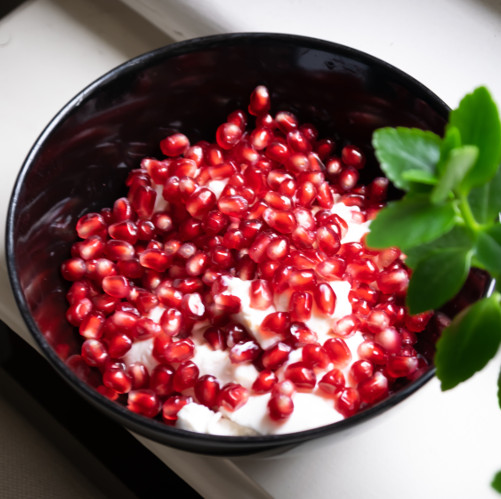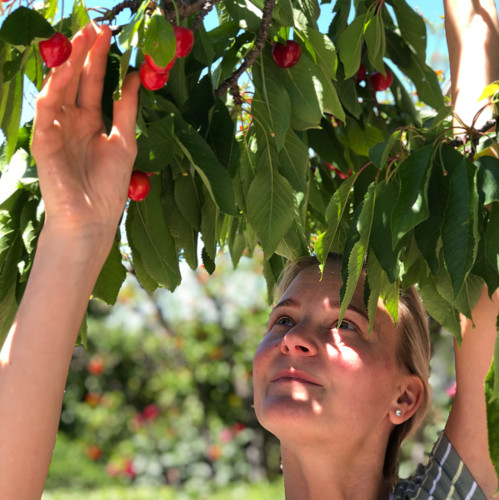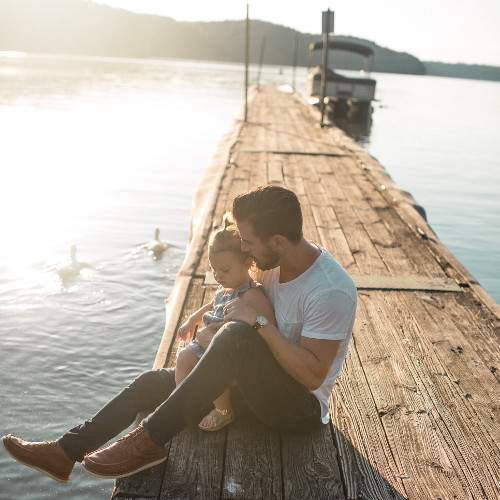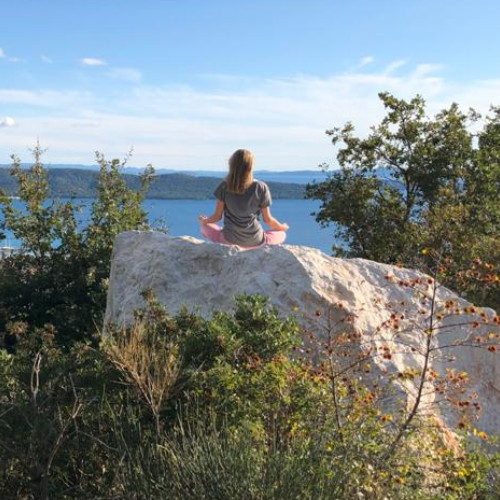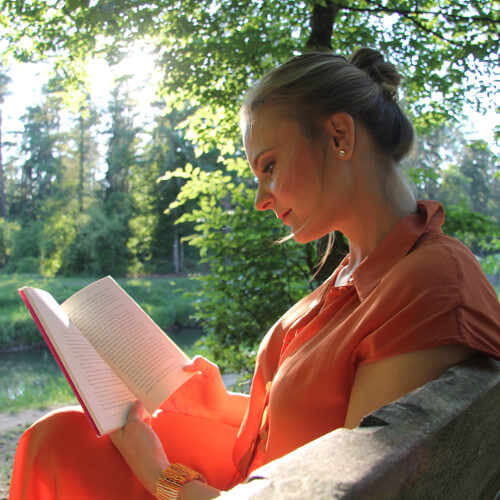
Which archetype are you?
“The central concept of the human psyche is the self. This self is the totality of the human psyche and includes conscious and unconscious parts of the personality and strives for a harmonization of the psyche” (W.Stangl, 2020).
Have you ever wondered why we are innatly afraid of the dark or some people develop an Arachnophobia (fear of spiders)? Why do we flinch when we hear a crack in the forest? How do women know what to do with their firstborn baby? Why do some people often dream of running, swimming or flying? Where does this feeling come from, “something is wrong” or the opposite, “this feels right”?
All these things have to do with the collective subconscious and the archetypes. This term was described by the Swiss psychiatrist Carl Gustav Jung in the 1930s and was the focus of his analytical psychotherapeutic work. The collective unconscious contains archetypes. These are universal symobols in our minds that are associated with certain emotions, properties or goals.
Imagine the sea, the size and depth of this sea. Now imagine a wave, and the foam building up on as it crashes onto the shore. The foam is you (your consciousness), the wave is your personal subconscious and the sea is the collective consciousness. When you were born, the sea was given to you!
Carl G. Jung's point of view spoke against what his colleague Sigmund Freund said. That we are not born as a blank slate “tabula rasa”, but are very likely to have already been shaped prior to being born. Your thoughts, your emotions and also your behavior are influenced by these factors from the beginning. Scientifically, it can be better understood with the following example: the unborn child is already influenced by the mother during pregnancy. Through diet, emotions, stress, and outside events, the hormonal signals are sent to the fetus. So, we not only have the genetic material from our parents, but also the physical aspects from the external factors while in the womb.
In this way, an impression is formed together that make the child into a very special individual even before birth. The archetypes or the collective unconscious stand for the personality and symbolism of the culture and history of a person. It shapes the genetic basis of the personality structure.
Joseph Campbell’s “The Hero's Journey”, Tarot, Mandalas, Astrology, Buddhist Wheel of Life, Religion, Myths and much more describe, act or use these archetypes to explain a process, the evolution of humans and the human psyche. It contains the totality and the union of the opposites in which our personality is embedded.
The psyche is not exclusively the sum of your experiences from the time of your birth, the emotions you feel are not exclusively a consequence of your thoughts, but also of your perception of the collective. For example, highly sensitive people find it difficult to distinguish their own feelings from those on the outside.
Take the example of the pandemic. This topic has been present in our lives for almost a year and it produces certain feelings, above all it produces fear and insecurity. There is a collective fear that we all perceive to some extent. It comes from this "sea" - from evolutionary acquisition, memories and human experiences. Only when we have recognized that what we sometimes feel does not belong to us at all, do we find our way back into our strength and can thereby influence the collective consciousness.
Archetypes in a holistic approach
Within the holistic approach of therapy, one needs to understand the human being as a whole system and attaches great importance to the special characteristics of each individual in order to get to the bottom of issues, difficulties or complaints. If you know your archetype (it can change in the course of lifespan) you can take a closer look at psychological structures and cognitive categories that influence your view of the world. This can be very valuable in your own personal development.
The 12 archetypes are:
1. The hero: strong, courageous, helpful, fights for the good.
2. The lover: passionate, seductive, conveys security
3. The innocent: spontaneous, optimistic, reliable, moral
4. The magician: visionary, creative, idealistic, makes dreams come true
5. The rebel: breaking rules, defying the mainstream, shocking
6. The fool: humorous, entertaining, personable
7. The ruler: dominant, controlled, responsible
8. The caregiver: caring, selfless, helpful, compassionate
9. The explorer: adventurous, independent, individualistic
10. Everyone: down-to-earth, traditional, simple, modest
11. The creator: creative, inventive, proactive, wants to create something
12. The wise: thoughtful, analytical, trustworthy, intelligent
Which archetype are you?
To the online test:
